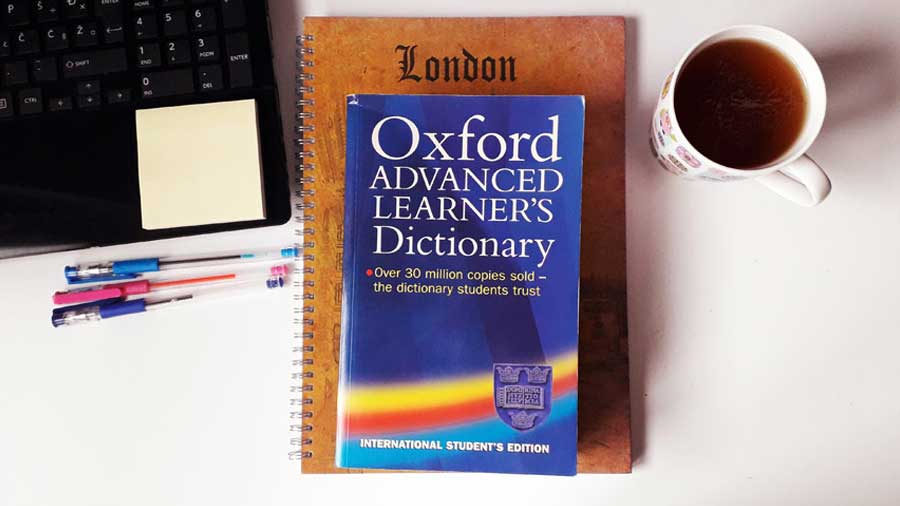Signs of the time can be found everywhere, but words are time’s easiest prey. They can turn topsy-turvy. One of the four senior academics discussing ways in which India has changed pointed out how words such as ‘azadi’ and slogans such as ‘inquilab zindabad’, integral to the struggle for independence and foundational to the new nation, are now regarded as treasonous. The change is revealing. ‘Azadi’ for example, was a cry for freedom from foreign rulers: it could not have been the rulers’ favourite word. That it is considered dangerous by the nationalist government today suggests that Narendra Modi’s government sees the people as subjects and not as citizens who elected the government through a democratic process. As a result ‘nationalist’ and other allied words, too, undergo change. A historian felt that the contents of the word ‘swaraj’ in 1924 that Mahatma Gandhi had elucidated — truthful relations between Hindus and Muslims, bread for the masses and the removal of untouchability — would be labelled treasonous now if emphasised too strongly.
Words, the meanings of which were once taken for granted, have changed in a regime which is busy upending the values of a hard-won democratic system. As one professor pointed out in the discussion, not enough was done to change older systems after Independence to make people into citizens of a democracy so that they could not be reduced to subjects. It is therefore easy to apply colonial laws to silence dissent as was done during the Emergency. This was another change that was mentioned; the complete compliance of all institutions with the government’s agenda was discussed too. Vigilantism born of majoritarian bullying was also seen a sign of the time. These appear to be symptoms of a regime dependent on the creation of hatred, disunity and fear in the pursuit of dominance, as though the goal is to dismantle the Constitution and the structures it has given birth to. ‘Azadi’ or ‘swaraj’ need to be emptied of their old substance if the Rashtriya Swayamsevak Sangh-Bharatiya Janata Party dream of a ‘Hindu rashtra’ is to be realised. And, as recent usage by RSS-BJP leaders shows, words such as ‘nationalism’ and ‘patriotism’ have already been redefined, carrying a hint of menace suitable to the age.











